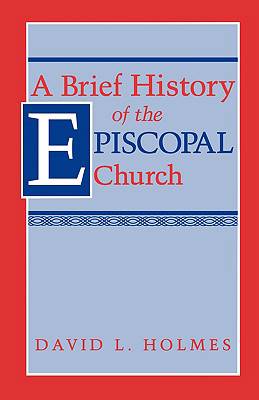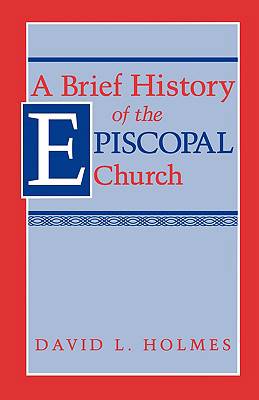
- Retrait gratuit dans votre magasin Club
- 7.000.000 titres dans notre catalogue
- Payer en toute sécurité
- Toujours un magasin près de chez vous
- Retrait gratuit dans votre magasin Club
- 7.000.0000 titres dans notre catalogue
- Payer en toute sécurité
- Toujours un magasin près de chez vous
Description
Many denominations have faced serious identity crisis in recent years. Who are we? We do we exist? What is our mission given the radical political, social, and economic changes that have occurred in this century? What does it mean to be church in a pluralistic, postmodern world? In an effort to answer these and related questions, denominations have rediscovered their origins and redefined themselves and their mission in ways that are consistent with their history. Additional research into denominational histories and the rewriting of these histories has been of significant import in helping today's churches relate to their times. David L. Holmes has produced a relatively concise, highly literary 400-year history of the Episcopal Church, its successes and its failures. He has clearly tied this history to the Anglican Reformation that emerged from Henry VIII's break with Roman Catholicism (an appendix on the annulment of Henry VIII has been included for those who may be unfamiliar with what precipitated the crisis between Henry and the Roman Church). This book, then, provides a readable and accurate account of the beginnings of the Anglican Church in America at Jamestown, Virginia, in 1607, to the establishment of the Protestant Episcopal Church in America after the War of Independence, to the present day. Although only sixth in terms of numbers in the United States, David Holmes concludes, the denomination that first appeared in the colonies as the Church of England 400 years ago has become substantially Americanized. It may be second to none in the nation in terms of power and influence. All who are interested in American church history and in the influence of the Episcopal Church on American history will find David Holmes's account fascinating and helpful. David L. Holmes is Professor of American Religion and Church History at the College of William and Mary, Williamsburg, Virginia.
Spécifications
Parties prenantes
- Auteur(s) :
- Editeur:
Contenu
- Nombre de pages :
- 256
- Langue:
- Anglais
Caractéristiques
- EAN:
- 9781563380600
- Date de parution :
- 01-11-93
- Format:
- Livre broché
- Format numérique:
- Trade paperback (VS)
- Dimensions :
- 140 mm x 216 mm
- Poids :
- 312 g

Les avis
Nous publions uniquement les avis qui respectent les conditions requises. Consultez nos conditions pour les avis.






